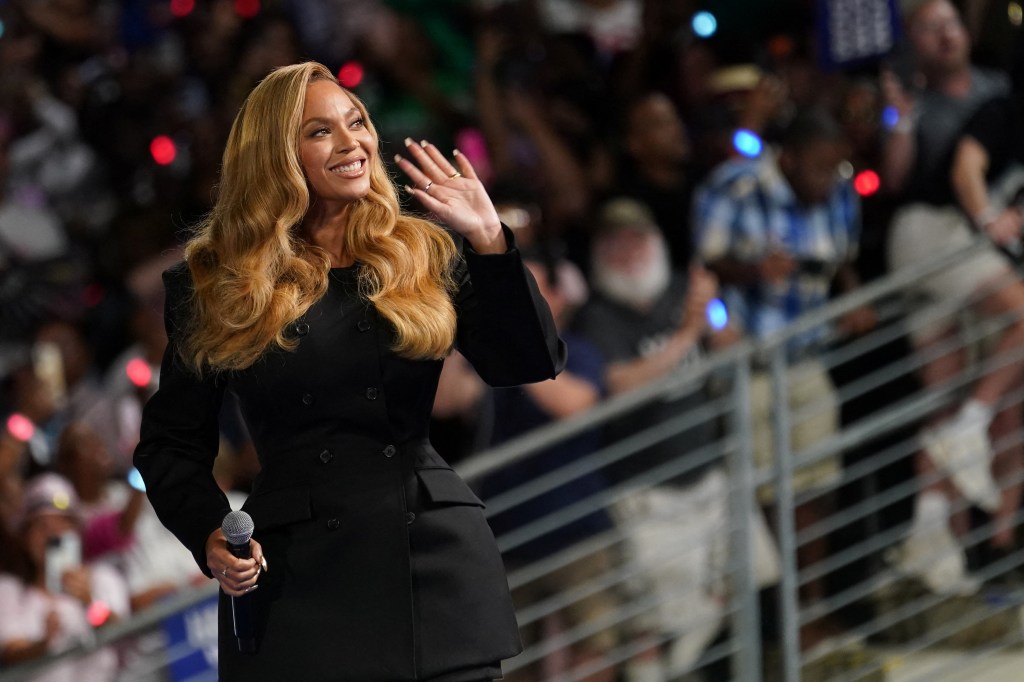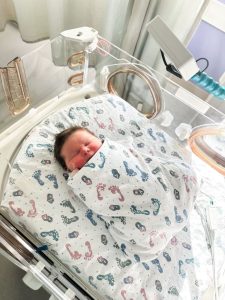
Beyoncé has made headlines by officially endorsing Kamala Harris during a rally in Houston. The celebrated artist, known for hits like “Drunk In Love,” took to the stage alongside her former Destiny’s Child bandmate Kelly Rowland to show her support for the Vice President’s presidential campaign. The rally took place on a Friday evening and was introduced by Beyoncé’s mother, Tina Knowles.
In her heartfelt speech, Beyoncé emphasized the importance of collective action, stating, “We are at the precipice of an enormous shift.” She framed her words not as a celebrity, but as a concerned mother, explaining that she cares deeply about the rights and futures of her children. “We must vote and we need you,” she urged the audience, rallying them to unite for the cause. She ended her speech by warmly introducing Harris, calling her “the next president of the United States.”
Harris’s speech followed, with a strong focus on reproductive health care, a critical issue in her campaign. Earlier, there were rumors that Beyoncé would perform at the Democratic National Convention in Chicago, but her publicist clarified that this was not the case. Despite her absence from the convention, Beyoncé made it clear where she stands politically by allowing Harris to use her 2016 collaboration with Kendrick Lamar, “Freedom,” as the walk-out song during her rallies.
This move aligns with Beyoncé’s history of political involvement. The Grammy-winning artist has supported various Democratic candidates in the past, including Barack Obama in 2012 and Hillary Clinton in 2016, when she and Jay-Z performed at a rally for Clinton. Even in the last presidential election, Beyoncé made headlines for her late endorsement of Joe Biden, showcasing her commitment to engaging in political discourse.
As the 2024 election looms closer, Beyoncé’s endorsement of Kamala Harris is a significant moment, underscoring the intersection of music, celebrity, and politics. The rally not only highlighted Harris’s campaign but also the influence of cultural icons in shaping public opinion and voter turnout.





